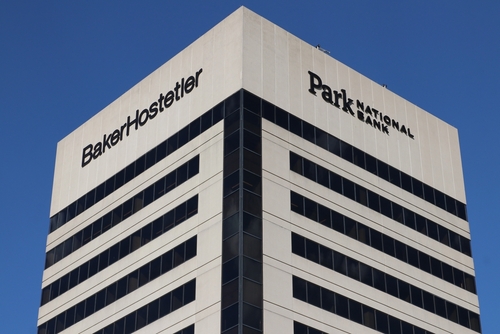Uber driver who bought $40K vehicle just before bankruptcy gets $10K loan shortfall discharged
Struggling financially, Oswaldo Rodriguez had recently started working for Uber in October 2014, to supplement his income as an insurance salesman.
At the ride-sharing company’s suggestion, he says, he purchased a 2015 Chevrolet Equinox that month, for nearly $40,000, to replace his smoothly functioning, paid-for 2008 Lexus. That’s because the new vehicle, for which he was to pay close to $550 per month, provided additional room to take passengers with luggage to the airport.
Less than a month later, however, Rodriguez filed for Chapter 7 bankruptcy. He said he intended to reaffirm the Equinox loan but never did, writes Judge Jacqueline Cox in a March 10 opinion (PDF) in the Chicago case.
That resulted in a protest by the auto loan holder, Americredit Financial Services Inc., which does business as GM Financial. Pursuant to Chapter 11 bankruptcy provisions, Rodriguez could not walk away from a loan for a luxury vehicle he purchased less than 90 days before his bankruptcy filing, Americredit argued. Plus, the lender contended, the debtor had made a materially false statement on his loan application by reporting monthly income of $6,500. His bankruptcy filing said he earned $4,400.
After the Equinox was repossessed, Americredit sought payment by Rodriguez of the $9,786.61 difference between the loan amount and what the car sold for to a third party.
However, the judge saw the matter differently, drawing inferences in the debtor’s favor due to a lack of testimony by the creditor and Uber. Rodriguez claimed that Uber encouraged the purchase of the car and referred him to the dealership where he bought it.
Without such testimony, it wasn’t clear who was responsible for inaccurate information on the car loan application, Cox wrote.
And the Equinox was not a luxury vehicle, the judge said, because Rodriguez intended to use it for work, as a driver for Uber.
While there is a presumption that the vehicle loan is a nondischargeable debt, that presumption is rebuttable, Cox wrote, and Rodriguez did rebut it:
“Based on his substantial and credible testimony, the court finds that the debt was not incurred in contemplation of discharge. He genuinely thought that he could earn enough money through Uber to finance the debt.”
Hat tip: Bankruptcy Beat page of the Wall Street Journal (sub. req.).
Updated at 4:40 p.m. to correctly state the year of the Chevrolet Equinox.



